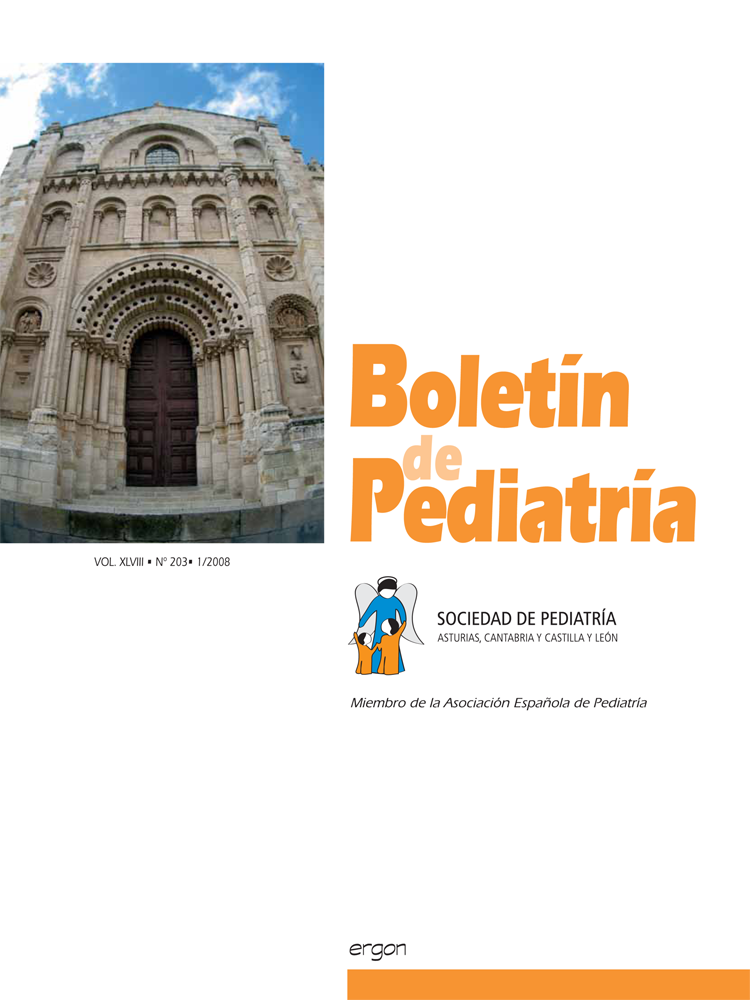Abstract
Food allergy has a great prevalence in children and sometimes can lead to potentially life-threatening situations. The greater prevalence in childhood than in adulthood reflects both the increased development of sensitizations in the first years of life and the possible loss of the same food sensitivities over time. Most of food allergies are acquired in the first 1 or 2 years of life whereas the development of immunologic tolerance is a far more variable process depending on both the individual child and the responsible food.
The clinical spectrum of food allergies in children is very wide. Immediate reactions such as urticaria, angioedema or anaphylaxis are likely to be IgE-mediated and can usually be detected by cutaneous testing or measuring of specific serum IgE levels. Delayed-onset reactions such as atopic dermatitis or gastrointestinal allergic disorders, usually non IgE-mediated, are more difficult to diagnose and often require complex elimination or challenge protocols.
More than 90% of IgE-mediated food allergies in children are caused by some few foods and can be classified in those probably transient (milk, egg, soy, wheat) and those probably persistent (dry fruits, fish and shellfish).
The key of diagnosis and management of food allergies is correct identification and avoidance of offending antigen.
This article provides a review of the natural history, diagnosis and evolutive management of the most common childhood food allergies.

This work is licensed under a Creative Commons Attribution-NonCommercial 4.0 International License.
Copyright (c) 2008 Boletín de Pediatría
